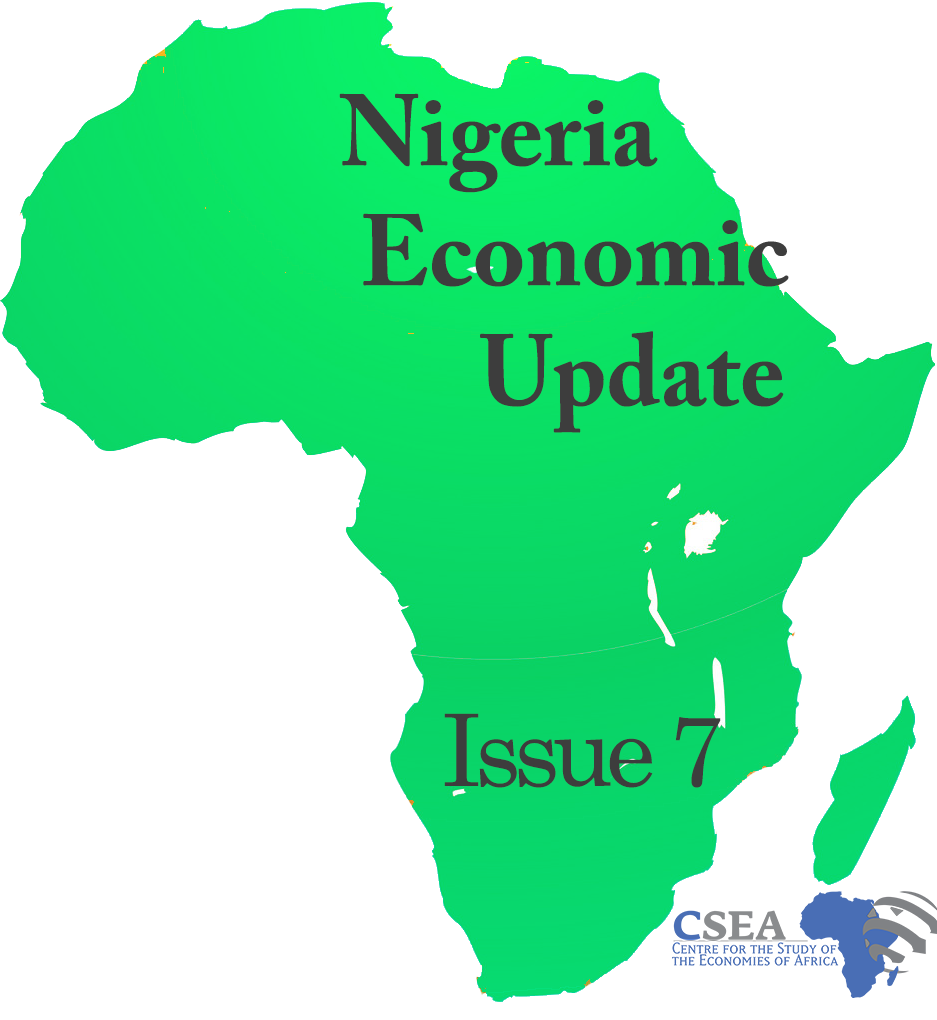Nigeria’s economy has shown sustained signs of recovery. Real GDP growth rate rose Year-on-Year by 2.38 percent in 2018Q4, as against 1.81 percent recorded in the preceding quarter – an increase of 0.57 percentage points.1 Non-oil sector remained the focal point for the economic expansion – growth in the sector’s activities improved to 2.7 percent from 2.3 percent and contributed approximately 93 percent to real GDP. The numbers unveil key high-performing non-oil activities during the quarter, with services manufacturing, and agriculture leading the pack. Going forward, the economy is expected to continue registering positive growth following a more stable political economy. However, inadequate credit among other factors may hinder the non-oil sector from scaling. The CBN may consider revising the banking regulations to include loan quotas for sectors with high growth and revenue-generating potential.
Macroeconomic Report & Economic Updates

March 12, 2019
Nigeria Economic Update (Issue 7)
Nigeria’s economy has shown sustained signs of recovery. Real GDP growth rate rose Year-on-Year by 2.38 percent in 2018Q4, as against 1.81 percent recorded in the preceding quarter – an increase of 0.57 percentage points.1 Non-oil sector remained the focal point for the economic expansion – growth in the sector’s activities improved to 2.7 percent […]
Read →
Related
Portfolio Diversification Between Developed And Less Developed Economies
This study
examines the hedging effectiveness of portfolio investment diversification
between developed and developing economies; with focus on the Nigerian stock
asset vis--vis the stock assets of the United States (US) and United Kingdom
(UK). Its main contribution is in the analysis of optimal portfolio
diversification using optimal portfolio weight (OPW) and optimal hedging ratio
(OHR). Empirical findings show that the OPW and OHR are low, which indicates impressive
potential gains from combining Nigerian stock assets in an investment portfolio
with US and UK stock assets. In addition, exchange rate volatility is found to
pose stern limitation on the potential benefits of this portfolio
diversification arrangement. It is therefore recommended that the monetary
authority in Nigeria should pursue policies towards reducing exchange rate
volatility to the barest minimum. This will possibly attract more investors
from developed economies who might be willing to combine Nigerian stock in
their investment portfolio to minimize portfolio risk.
Nigeria Economic Review (First Half Report 2015)
The modest growth in the
global output witnessed in the first quarter of 2015 was driven mainly by
advanced economies, particularly the United States. Growth slowed down significantly
in emerging and developing economies, primarily natural resource-dependent
countries which were adversely affected by falling commodity prices.
